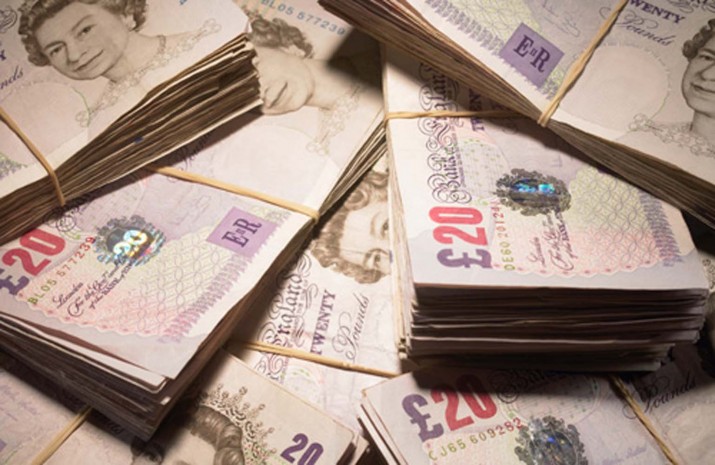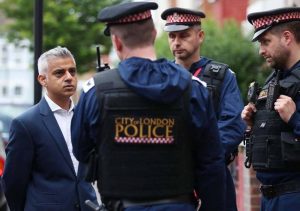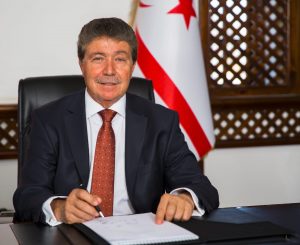MPs call for probe into UK’s ‘missing’ £50bn cash
A committee of MPs has said that the Bank of England should be trying to track down £50bn of “missing” UK currency.
The figure amounts to about three-quarters of all UK banknotes in existence.
The cash is not used in transactions or held as savings, but maybe overseas, tucked away in homes unreported or being used in the “shadow economy”.
The issue was first identified by the National Audit Office (NAO), which highlighted it in September.
Now the Public Accounts Committee has said the Bank should “get a better handle” on the currency.
The committee said there were “implications for public policy and the public purse” if a material proportion of that large volume of banknotes was being used for illegal purposes.
A Bank of England spokesperson said: “It is the responsibility of the Bank of England to meet public demand for banknotes. The Bank has always met that demand and will continue to do so.
“Members of the public do not have to explain to the Bank why they wish to hold banknotes. This means that banknotes are not missing.”
The money “is stashed somewhere, but the Bank of England doesn’t know where, who by or what for – and doesn’t seem very curious”, said Meg Hillier, who chairs the committee.
“It needs to be more concerned about where the missing £50bn is. Depending where it is and what it’s being used for, that amount of money could have material implications for public policy and the public purse.
“The Bank needs to get a better handle on the national currency it controls.”
Demand for banknotes has steadily gone up, although their use is in decline, but the Bank of England does not “appear to have a convincing reason for why the demand for notes keeps increasing”, says the committee in a report.









